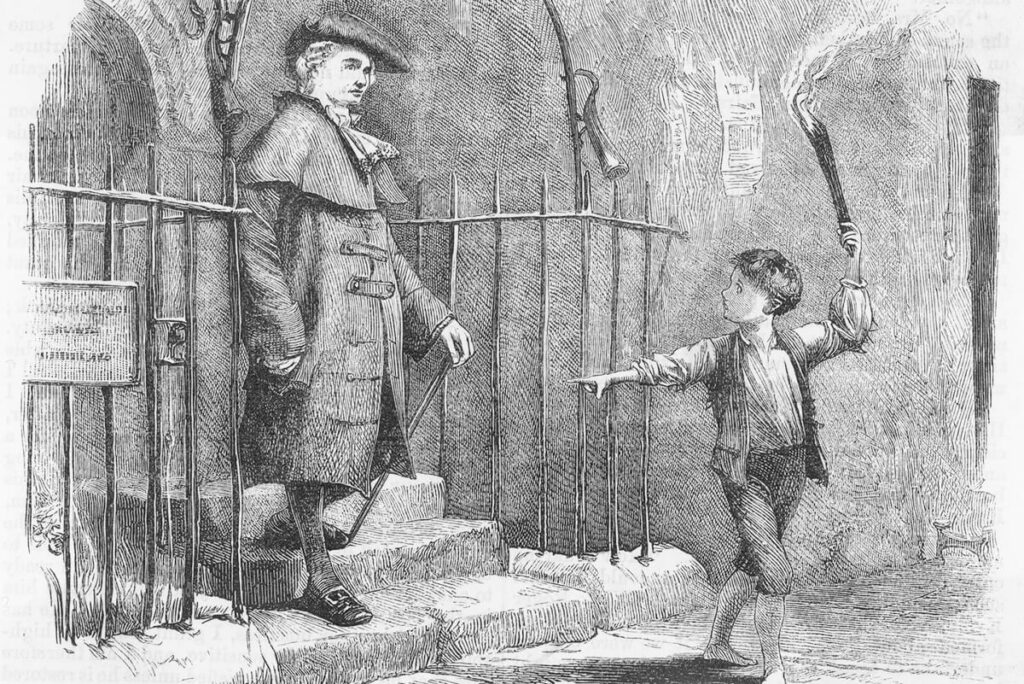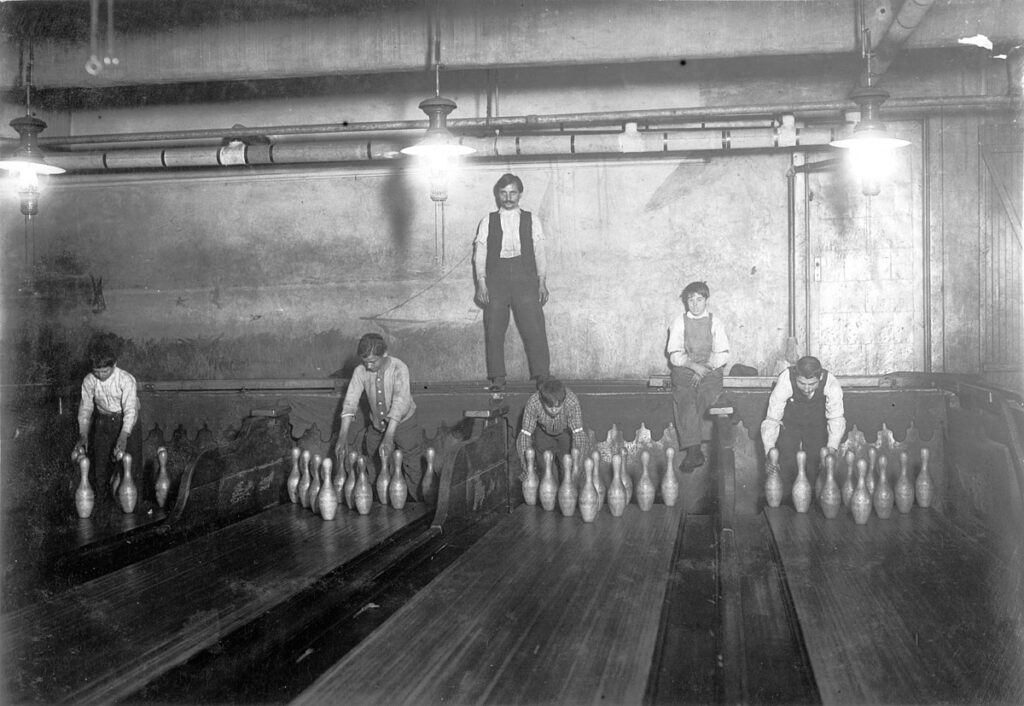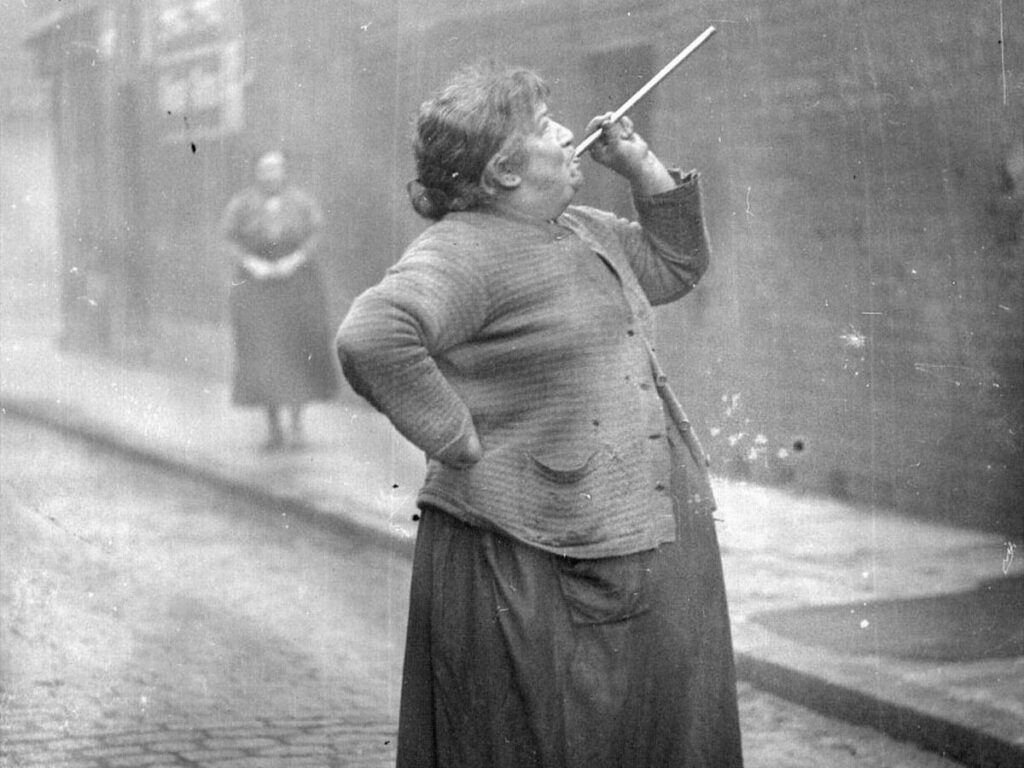7 Old-Timey Professions You Don’t See Anymore

Some professions have stood the test of time, as essential and fundamental to society as when they first came into being centuries ago. For example, we have always needed healers or doctors in some form. However, the profession has massively transformed from the quacks who used to bloodlet to a fully established NHS. Similarly, the ‘oldest profession in the world’ where ladies of the night roamed the streets looking for clients, now has online agencies advertising the services of London or Manchester escorts.
But what about the professions of a bygone age, disregarded in the history books due to technological advancements in society? Well, we have compiled a list of some old-timey jobs that no longer exist to give you a little taste of how things used to be.
1. Lector

A niche profession, lectors were present in cigar factories and entertained workers by reading books or newspapers out loud. These were often left-wing publications, either provided from money pooled in by the unions or the workers themselves. A possible source of collective worker strength, after the Tampa cigar makers’ strike of 1931, the practice was discontinued.
2. Herb Strewers
Employing a herb strewer was the prerogative of the rich and dates back to the late 17th century. Herb Strewers would distribute herbs and flowers throughout royal apartments to mask the unhygienic smell coming from the London sewers. This was a job women would often perform, appointed to stew herbs at the coronation of King George IV. In return, Herb Strewers would earn a yearly salary of £24 and two yards of Scarlet cloth, apparently a fair deal back in those days.
3. Link Boy

Before the advent of streetlamps or electricity, boys carried a flaming torch to light the way of pedestrians at night. For example, if you were walking home after dark in this period, you would hire a link boy to help you make your way home. Link Boys are prevalent in popular culture from this era. Whether you are looking through Samuel Pepys’ diaries or the works of Charles Dickens, link boys are a common feature from this period.
4. Leech Collector
Doing the dirty work for the medical quacks of this era, Leech collectors gathered the leeches that were so popular within 18th-19th century medical cures. Leeches were used for bloodletting, but if you think those fancy-pants physicians recovered them themselves, you are much mistaken, with collectors heading to the bogs and marshes of the United Kingdom instead.
Leech collectors were also the early pioneers of the ‘recycle, reuse, reduce’ campaign, using the legs of already caught leeches to catch more.
5. Bowling Pinsetter

We’ve all had a Saturday job, whether in your local pub or a small cafe, but unfortunately, Gen Z will never understand the hard graft of setting bowling pins. Now arranged by machines, bowling pins used to have to be manually reset after they were knocked down. Usually, teenage boys’ pinsetters would be up all evening, often until Midnight, as happy bowlers would try and hit a strike. Young lads had to find another job by 1936 as the mechanical pinsetter was invented and installed in most bowling alleys.
6. Town Crier
Unless they are a novelty in small towns across the UK, the role of the Town Crier has largely diminished since the early 20th century due to the rise of newspapers and literacy rates. However, beforehand Town Criers would often roam the streets and marketplaces of towns, making public announcements and keeping people up to date with local news.
7. Knocker Uppers

No, this isn’t a peculiar profession that gets people pregnant! Instead, Knocker Uppers came into being during the industrial revolution in European countries such as Britain or Netherlands and were human alarm clocks! The knocker-upper uses a baton or a stick to knock on people’s houses and wake them up, so they get to work on time.




